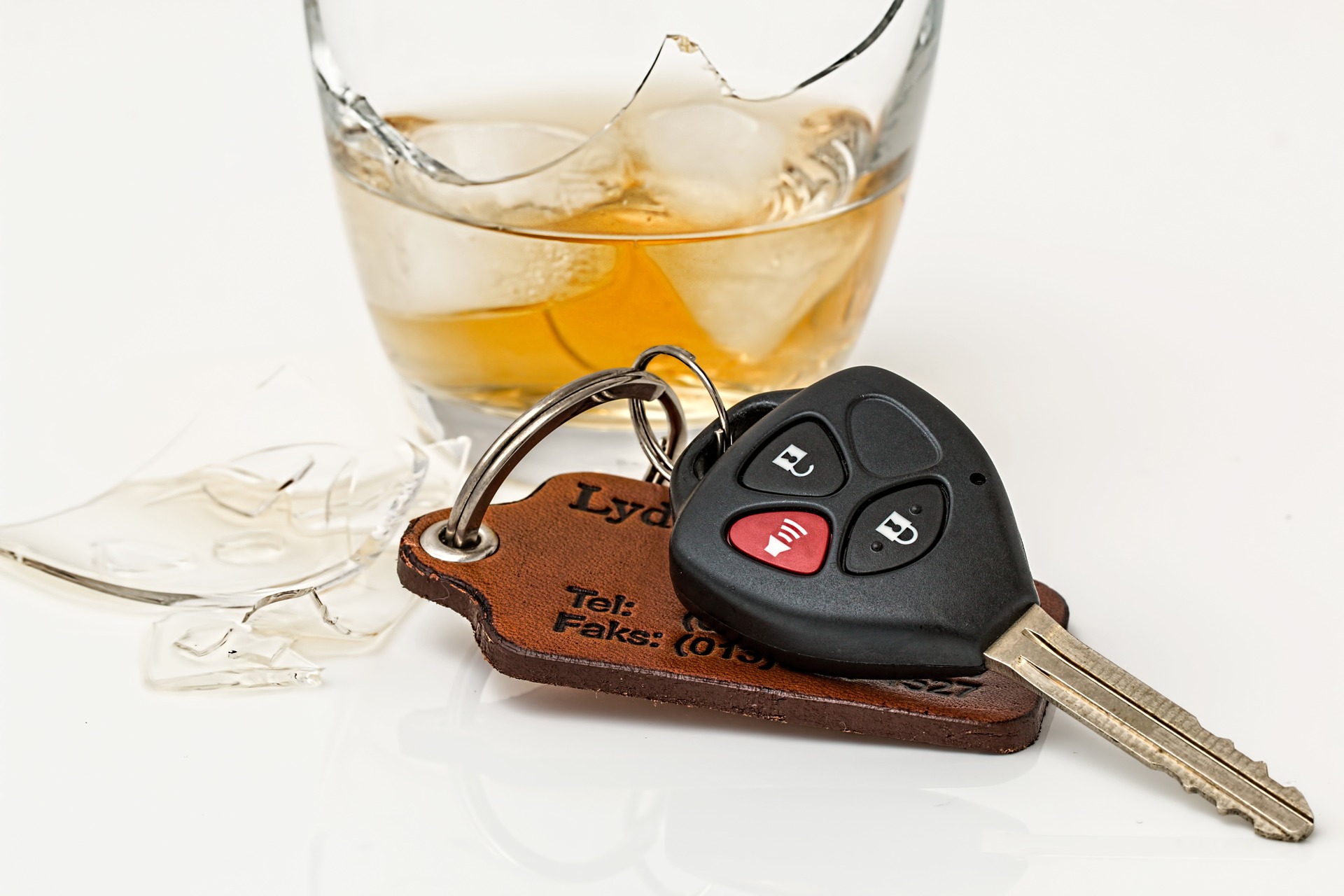Driving while impaired. The statement immediately draws to mind a disastrous wreck on the roads; a drunk driver causing a catastrophic car crash.
But at this time of year, impaired driving is a serious concern on Ontario’s lakes as well. And with cannabis now legal, the summer of 2019 presents a whole new host of challenges.
Whether you’re operating a motor vehicle or a motorboat, combining alcohol OR drugs with driving duties is a disastrous mix.
“Don’t Drink And Drive”: The campaign against drunk driving on the roads is decades old, and is deeply ingrained in everyone by this point. But in the new cannabis era in Canada, studies from the Canadian Safe Boating Council offer some frightening results:
- 26% of boaters say they expect to use cannabis while boating, at least occasionally.
- Only 55% of boaters say they ‘never’ drink before or while boating, down from a year earlier.
These statistics are hard to understand, especially considering that even amongst the “occasional user while boating” subgroups, there is majority agreement that it is “not safe to use cannabis while operating a boat”.
Impaired Driving and the Law
The law in Canada is clear: impaired driving under the Criminal Code is the same for cars, boats, or any other vehicle. As stated in Section 253 (updated as of June 21, 2018), anyone who “operates a motor vehicle or vessel or operates or assists in the operation of an aircraft or of railway equipment or has the care or control of a motor vehicle, vessel, aircraft or railway equipment” while impaired by alcohol or drugs, will be held criminally responsible (this also applies to a human-powered vessel such as a canoe, kayak or paddleboard).
Just as is the case with a car, the boat doesn’t have to be moving to be in violation of Section 253. Penalties for violations of these laws range from a hefty fine to life imprisonment.
Catastrophic Consequences Can Result
The Department of Justice confirms that impaired driving continues to be the leading criminal cause of death and injury in Canada, with over 69,000 impaired driving incidents reported by police in 2017. Although this number has continued its downward trend over the last few decades, the number of drug-related impaired driving incidents reported has actually increased at a troubling rate, from almost 3,000 in 2015, to nearly 3,500 in 2017.
In a 17-year study by The Canadian Red Cross, alcohol was present or suspected in 46% of recreational boating immersion deaths for victims 15 years of age and older. Illegal drugs accounted for another 7% of deaths.
In either case, on land or water, impaired driving accidents often result in tragic and life-altering injuries, and the penalties by law are equally severe.
Litigating Impaired Driving Cases
While the laws for boating or car accidents are similar, the difference is in the litigation process. Boating accidents require a personal injury lawyer well-versed in the Marine Liability Act. It sets out the rules with regards to everything from the apportionment of liability for injuries and fatalities, to limitation periods and more. Time is of the essence: in general, if the claim is not made within two years of the loss/injury, you could lose your right to sue for damages. For more information on maximum liability and more, please see our Boating Accident Claims page.
For motor vehicle accidents, there is an equally complex set of regulations and forms to apply for and receive Statutory Accident Benefits (no-fault benefits).
If you or a loved one has been injured in a boating or auto accident at the hands of an impaired driver, you need an experienced personal injury lawyer with the expertise and proven track record of success to ensure that you and your family receive all the compensation you are entitled to under the law. At Horowitz Injury Law, we will always make every effort to resolve your claims out of court through forms of alternative dispute resolution, like mediation. However, if that is not possible, you will have the benefit of our 30+ years of experience and expertise in taking your case to trial.
Call us for a free consultation to discuss your case: 416-925-4100.
Remember, whether it’s bongs or booze, being impaired and operating a vehicle or vessel is a crime that can have serious consequences.




